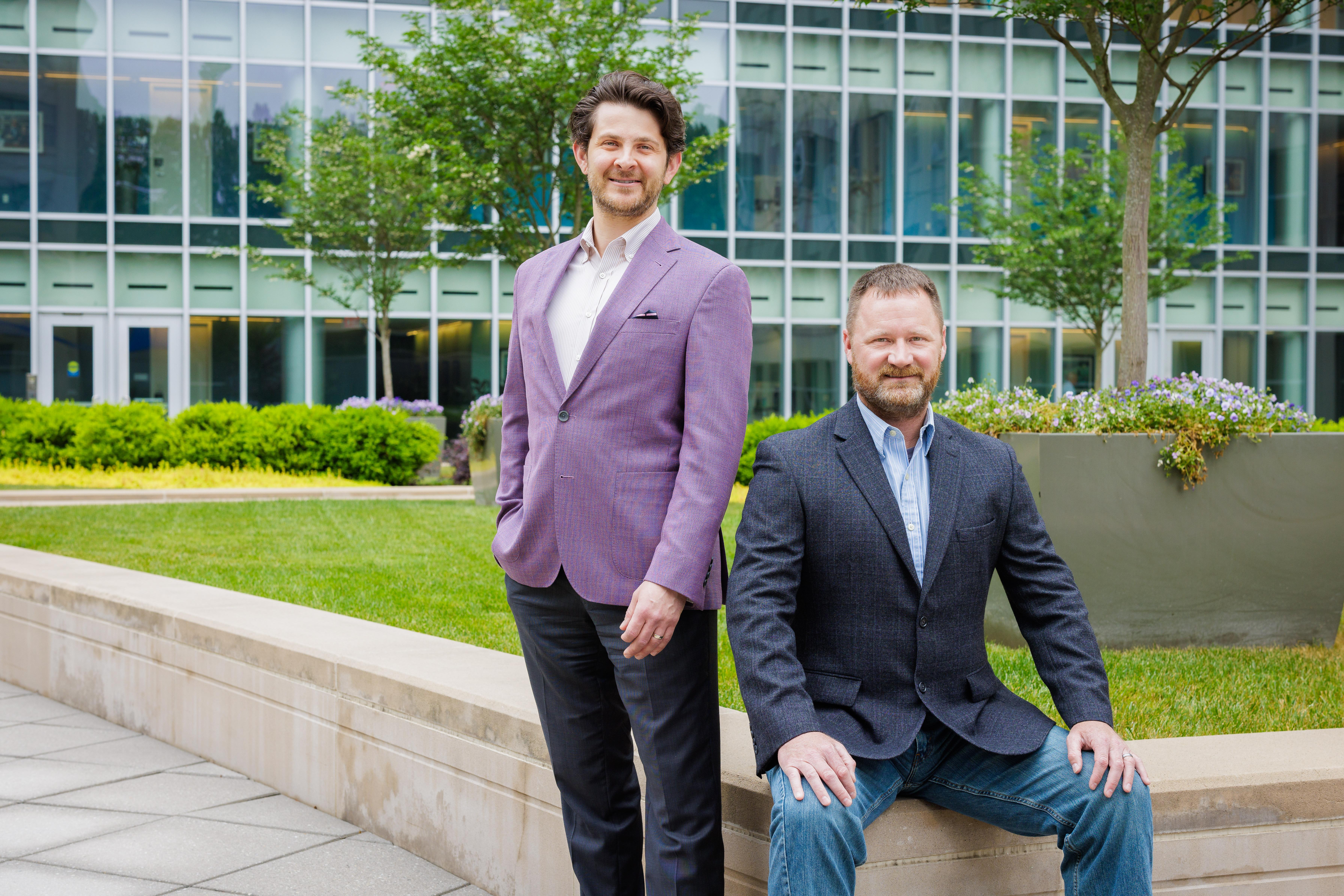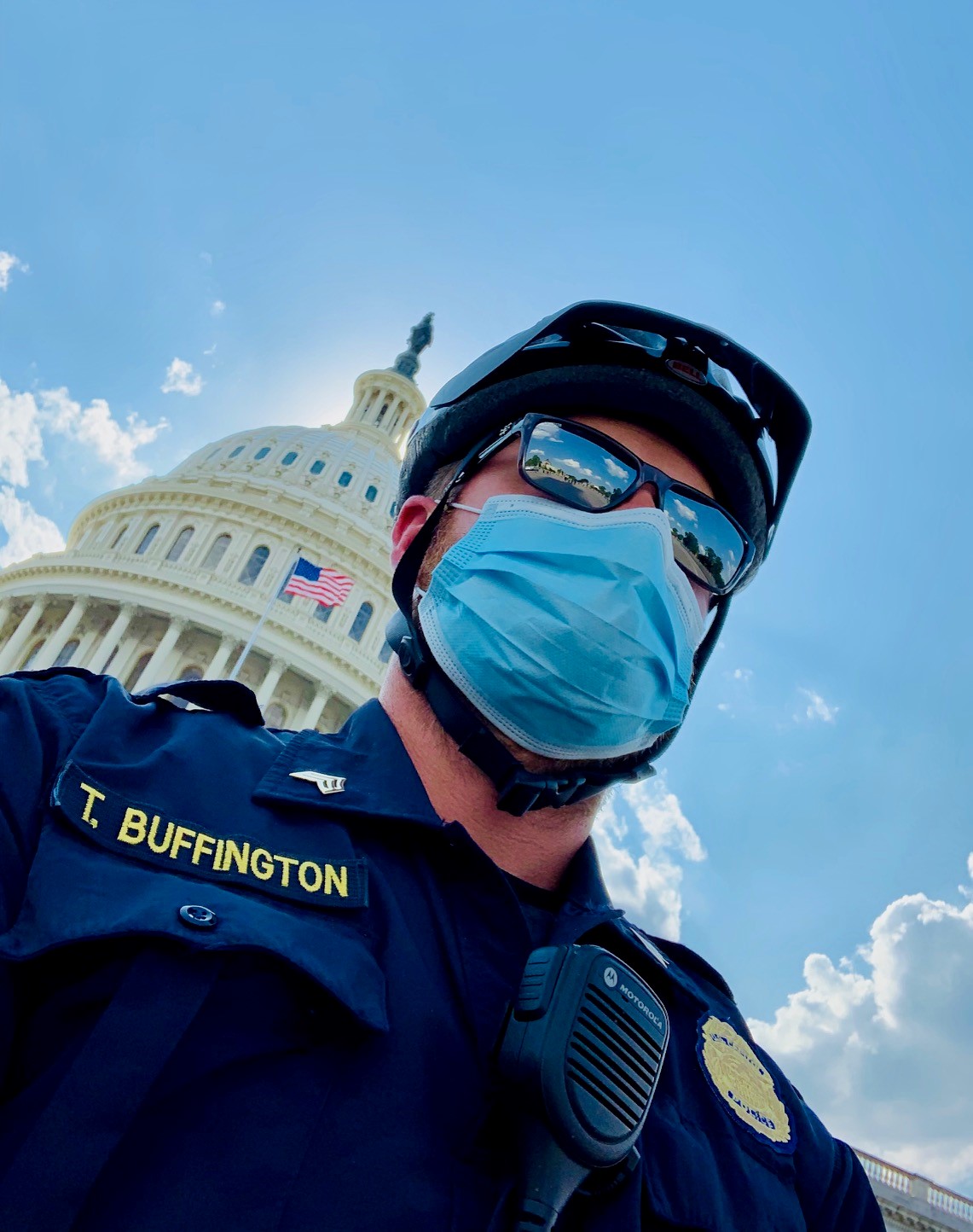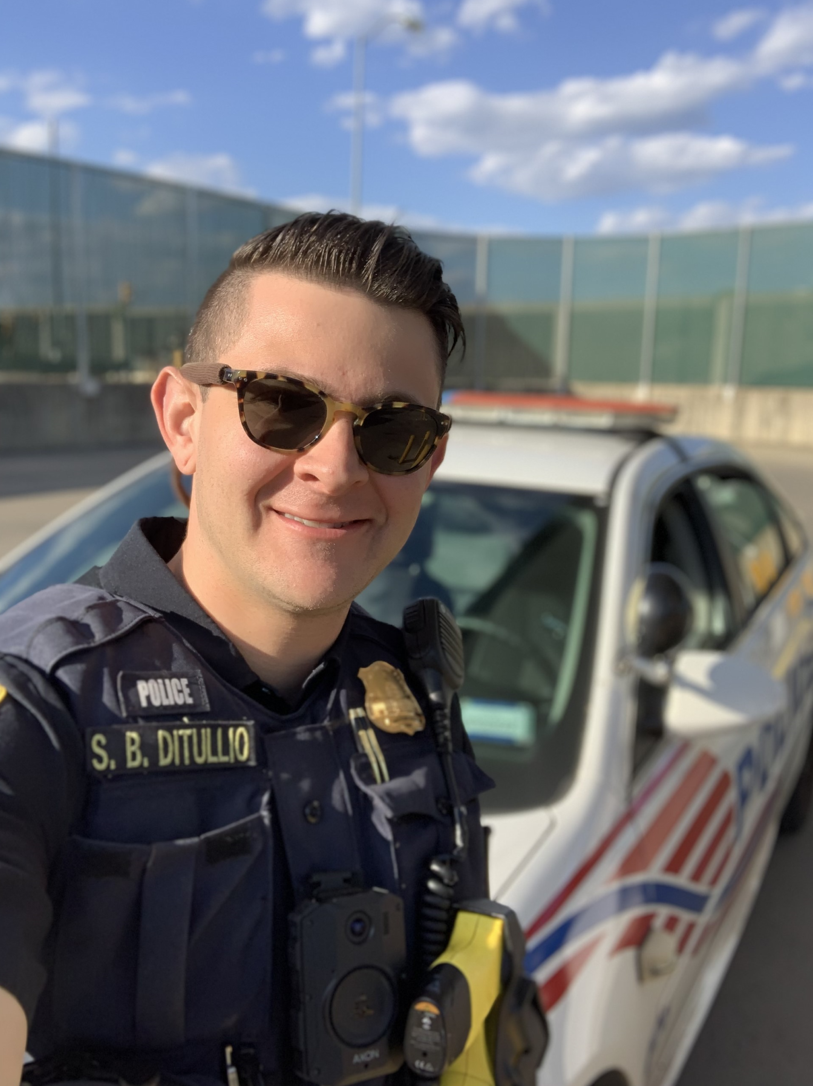
Tony Buffington and Stephan DiTullio are using their 27 years of combined experience as Washington D.C. police officers to now aid first responders and public safety officials across the nation.
They are part of a collaborative program between the Office of the Director of National Intelligence’s National Counterterrorism Center (NCTC), the FBI, and the Department of Homeland Security (DHS) called the Joint Counterterrorism Assessment Team (JCAT).
JCAT collaborates across the Intelligence Community (IC) to produce counterterrorism intelligence products for federal, state, local, tribal, and territorial government agencies, as well as the private sector. The team’s goal is to improve information sharing to enhance public safety by ensuring the those with a role in keeping our communities safe understand how terrorists operate.
Much of Buffington and DiTullio’s focus is outreach. In January, in collaboration with NCTC’s regional representative for Florida, the JCAT team facilitated a multi-regional counterterrorism exercise for at least 100 of Florida’s first responders. The focus was on how organizations — from the local to federal levels — could share information with one another in a timely manner to potentially prevent a terrorist attack.
“Sometimes what we see in the field is one locality might get a nugget of information related to a threat and another nugget might be with another locality in the state,” said DiTullio. “So the idea was to exercise their information sharing capabilities so they can synthesize that information and perhaps see a bigger picture.”
Part of their role is also to bring the on-the-ground feedback from first responders back to the IC. This allows JCAT and its IC partners to create unclassified products that resonate with public safety personnel.
From police officer to federal officer

Buffington served 20 years with the U.S. Capitol Police, which primarily protects the safety of members of Congress and visitors to congressional buildings. He said he grew up knowing he wanted to be a police officer.
“I just wanted to make a difference in the community in a positive way and give the community a good impression of law enforcement and help keep my community safe,” said Buffington.

He enjoyed partnering with law enforcement throughout the nation to protect members of Congress on official business trips, but after two decades on the job, he was looking for a new challenge where he could still lean on his experience when he found JCAT.
DiTullio said that after seven years with the Metropolitan Police Department, he saw the opportunity to make a difference on a broader scale by supporting first responders around the country.
“It was a natural transition because the folks at NCTC were very open to embracing the perspectives from the state and local personnel,” said DiTullio, who has worked with JCAT for three years. “It certainly was a brand new world working for the federal government and the Intelligence Community, but we found that there were a lot of opportunities to advocate for the first responder community.”
For example, upon arriving at JCAT two years ago, Buffington provided feedback regarding the length of some of NCTC’s unclassified products geared toward first responders.
“Most police officers don’t have time after roll call to read a 30-page in-depth analysis,” said Buffington, encouraging his colleagues to create shorter products better suited for their audiences.
JCAT’s fellowship program
JCAT’s small team works from NCTC’s headquarters at ODNI’s McLean, Virginia campus and is comprised of NCTC, FBI, and DHS officers, as well as JCAT fellows recruited by each agency. Fellows are first responders and public safety personnel who are cleared, vetted, and embedded with the team for sixth-month and one-year stints.
A similar model is employed at ODNI where detailees from other U.S. Government agencies work alongside ODNI staff members to take on IC challenges.
“We want people who are actively working as first responders to come be embedded within JCAT and the IC so they can provide us with their fresh perspectives on our products, our information sharing, and the needs of our first responder community,” said Buffington.
JCAT fellows lend considerable subject matter expertise to the development of products and outreach, while gaining knowledge and experience for use in their own jurisdictions.
Interested applicants are encouraged to read the JCAT brochure or check out the JCAT webpage.
DiTullio and Buffington said one of the most rewarding parts of being a police officer was the constant interaction with the community they were sworn to protect. Now, the satisfaction is in helping people once in their shoes protect communities on a larger scale.
“I feel like we are helping first responders throughout the nation keep their communities safe,” said Buffington.
JCAT posts unclassified products for first responders on DNI.gov, including JCAT’s Intelligence Guide for First Responders and its First Responders Toolbox.




